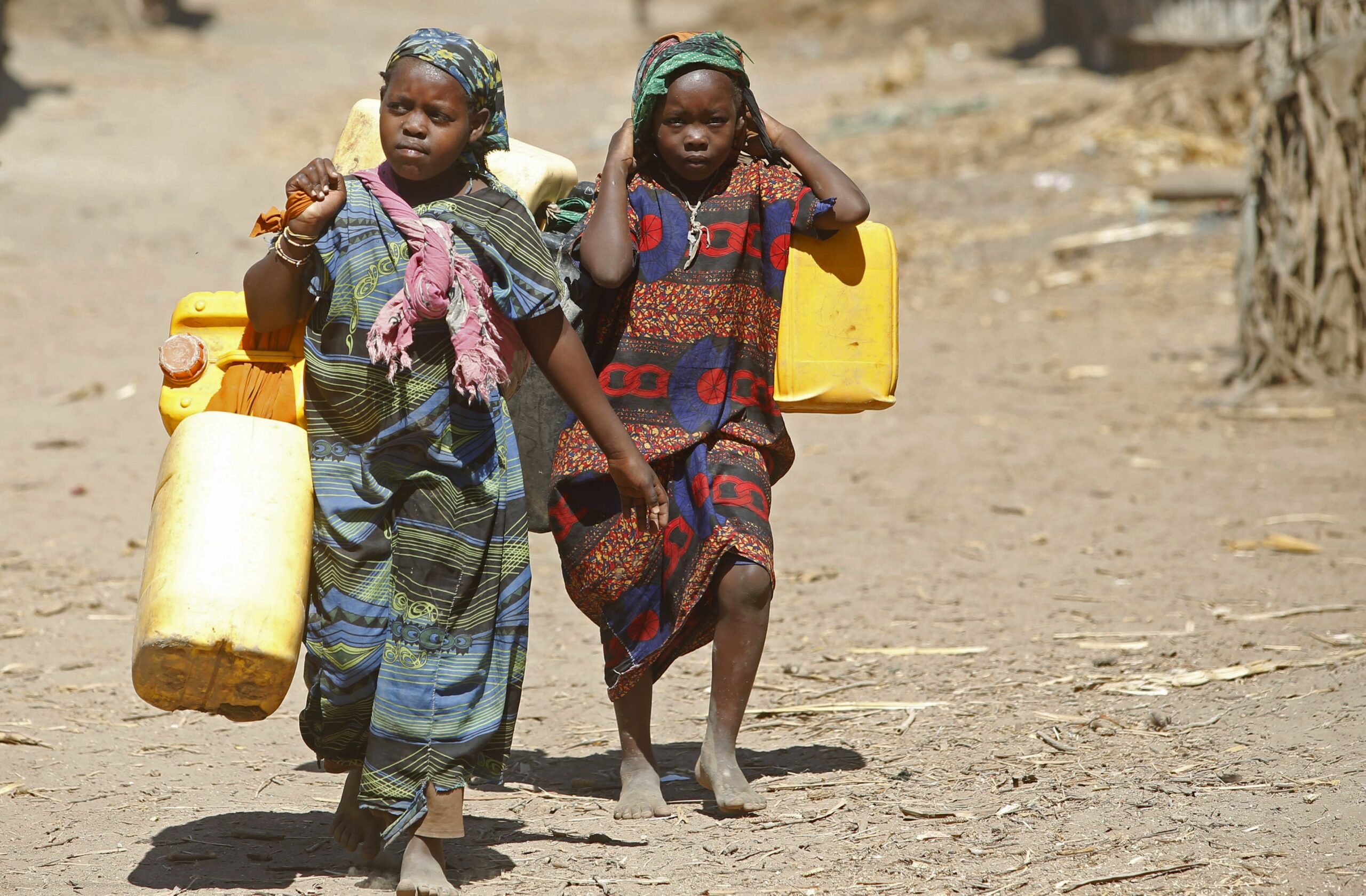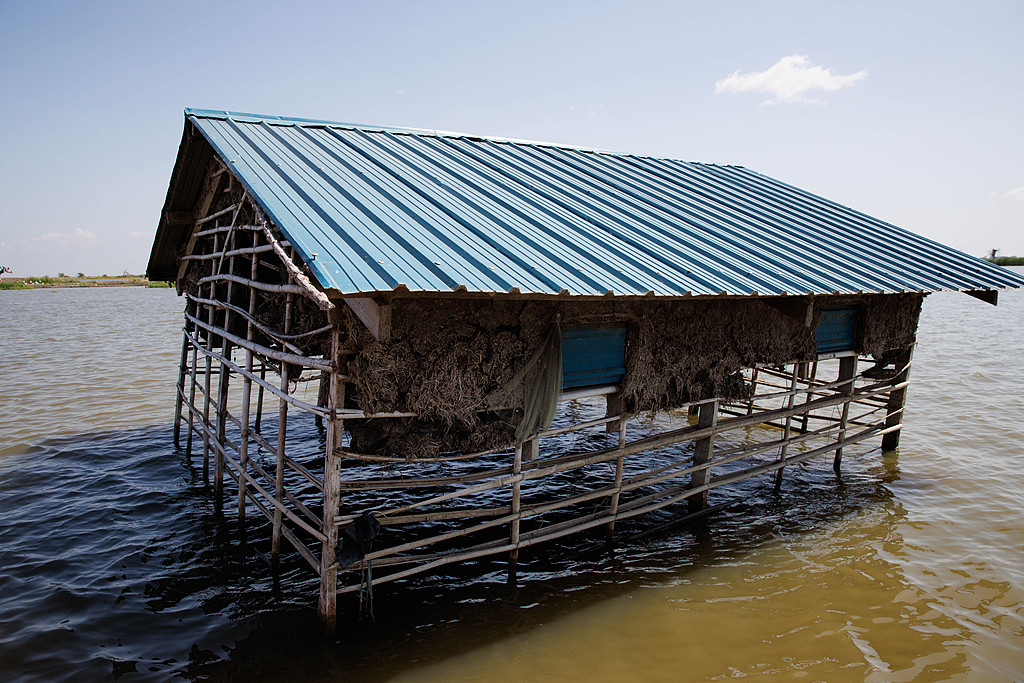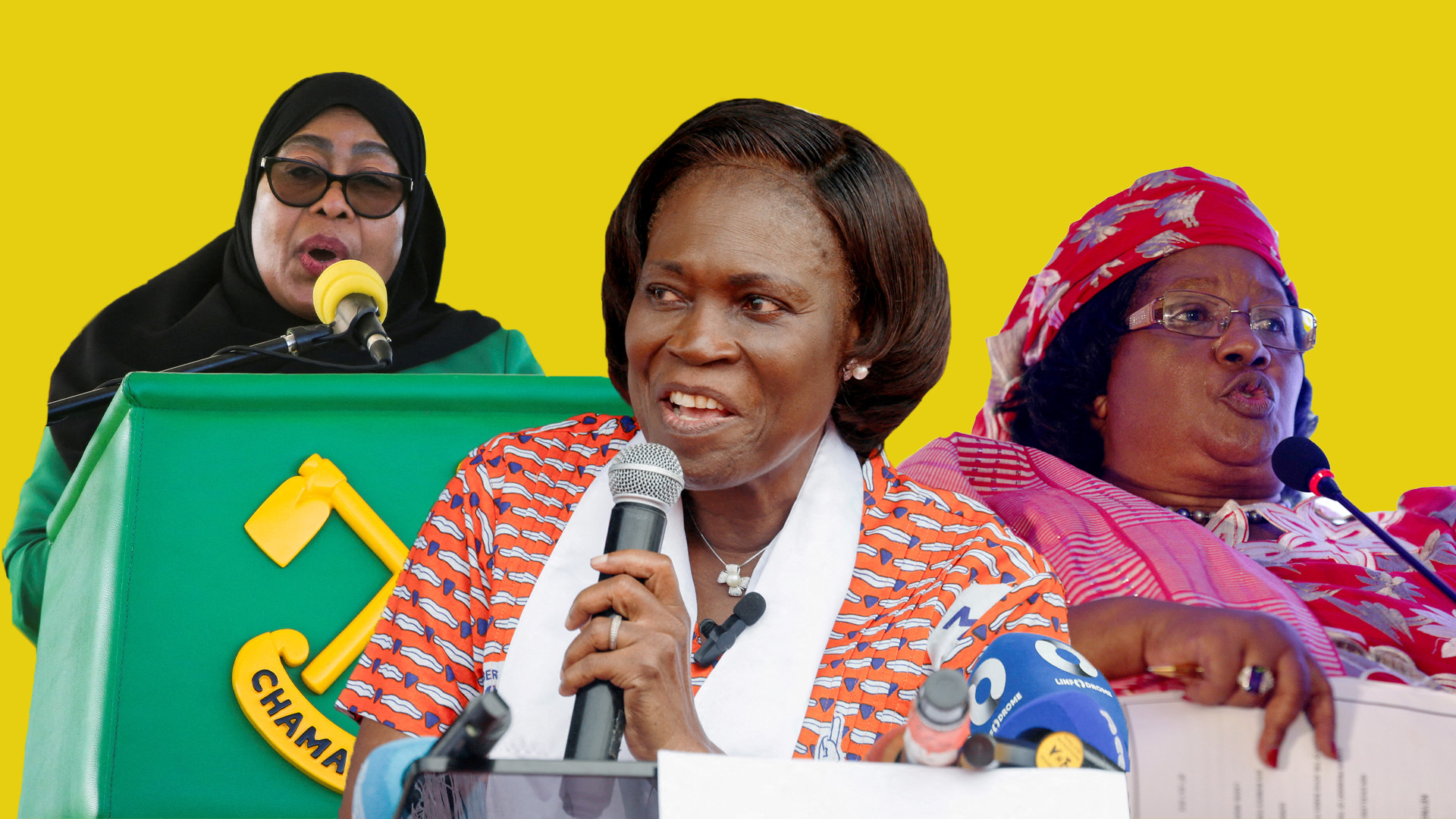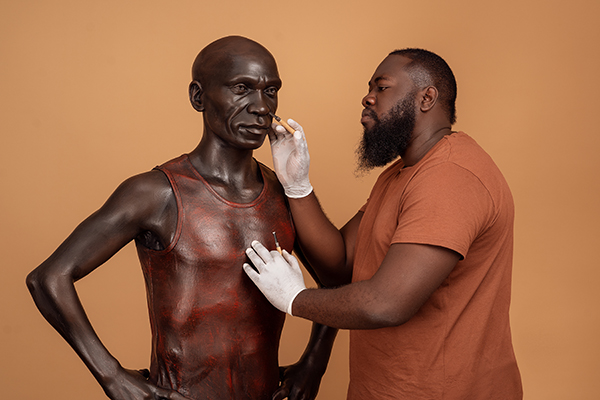
Somalia reports 110 deaths from drought over 48 hours

Somalia’s prime minister said Saturday that at least 110 people had died from drought and drought-related illnesses on Thursday and Friday, the first reported deaths since the country declared a national disaster late last month, AFP reports.
Prime Minister Hassan Ali Khaire in a statement said that the deaths over 48 hours were a result of “droughts and acute watery diarrhoea around the southern regions of Somalia, particularly in the Bay and Bakool regions.
Authorities in the village of Awdiinle in the Bay region said that at least 69 people, most of whom were children or elderly, died after cases of acute watery diarrhoea in the area.
“There is no medicine and the disease has turned into an epidemic,” Abdullahi Mohamed, a local official in Awdiinle, told AFP.
The drought has “caused widespread water shortage,” he said, adding that they needed “assistance from aid agencies.”
Somali President Mohamed Abdullahi Mohamed on Tuesday declared the drought a “national disaster”, pleading for help from the international community “to avoid a humanitarian tragedy”.
The Horn of Africa nation is one of two countries — along with Yemen and Nigeria — on the verge of famine which has already been declared in South Sudan.
The World Health Organization (WHO) said Monday that Somalia was at risk of its third famine in 25 years. The last one, in 2011, killed some 260,000 people.
The agency said that more than 6.2 million Somalis — half of the population — needed urgent humanitarian aid, including almost three million who are going hungry.
The drought has led to a spread of acute watery diarrhoea, cholera and measles, and nearly 5.5 million people are at risk of contracting waterborne diseases.
Overall, more than 20 million people face starvation in Somalia, Nigeria, South Sudan and Yemen.
Of the four famine alerts, Somalia is the only one caused by drought, while the other three are described as “man-made food crises” stemming from unrest.
Somalis “must save their brothers in need who will die of hunger if not assisted,” Khaire said.
“The priority of the government will be reaching out to these people who have been affected by the droughts,” he said.
Source: AFP






